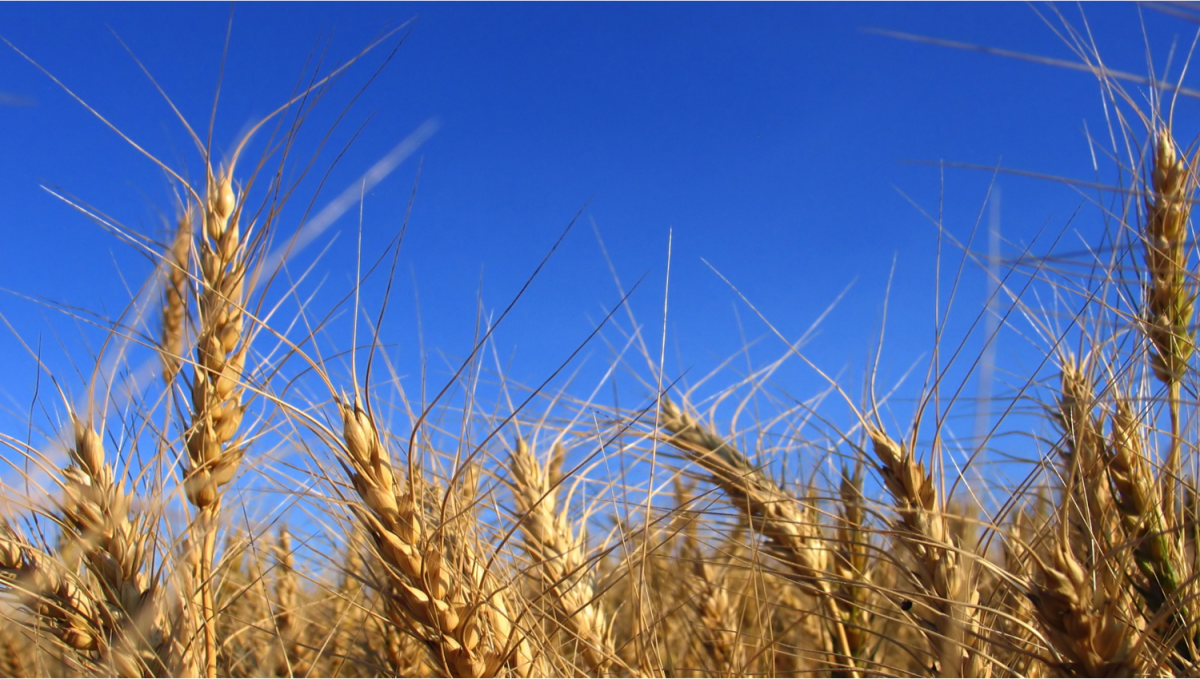April 4, 2019
The Saudi Agricultural & Livestock Investment Company (SALIC) has announced its acquisition of the 200,000-hectare Baladjie Pty Ltd from John Nicoletti for an undisclosed sum.
Since its launch by the kingdom in 2011, SALIC has made several bold, global deals. The group partnered with Bunge in 2015 to acquire a controlling stake in the Canadian Wheat Board, then later that same year, SALIC went on to acquire a 20 percent stake in Brazilain beef exporter Minerva for US$188.4 million.
In September of last year, SALIC agreed to acquire Ukrainian farming company Mriya, including 150,000 hectares of farmland in central and western Ukraine, four grain elevators, two processing plants, a potato storage facility, equipment, and land-lease agreements.
On completion of the deal, SALIC planned to consolidate its agricultural holdings in the country, and to incorporate the Mriya assets with Continental Farmers Group (CFG), its existing farming business in the country, which operates 45,000 hectares of farmland in Lviv and Ternopil Oblast.
“Over the next two years, we plan to significantly invest into new equipment, infrastructure, agricultural technology and land bank consolidation as well as work closely with the local management to build the combined Mriya and CFG operations into a World Class farming operation,” said Mark Laird, CEO of CFG at the time.
Most recently, in January of this year, SALIC acquired a 33 percent stake in United Farmers Holding Company from Saudi Arabia’s Almarai Group for $28 million.
Both SALIC and Almarai are two of the original consortium owners of United Farmers Holding – which in 2013 acquired Continental Farmers Group (CFG) for $80.2 million.
The deal just announced for Baladjie Pty Ltd, which included a 40,000-head Merino flock and freehold and leasehold land over 30 farms across the country’s northern and eastern Wheatbelt, not only represents SALIC’s first investment made in Australia, but its first in sheep production too.
“The acquisition of Baladjie is an important step for SALIC as we continue to build our global footprint in a meaningful way,” said Matthew Jansen, CEO, SALIC KSA.
John Nicoletti, one of Western Australia’s largest grain growers, has been working to divest his holdings for years, and the sale of Baladjie was met with pushback from Australians who feel that such a significant agricultural holding should have gone to a domestic buyer.
Nicoletti defended the decision to sell, noting that there was interest from several global funds, however, he was not prepared to carve out only the best of the land and be left holding the rest.
“I can’t sell 50,000 hectares of my best property and get left with the rest. If you are a genuine seller you sell the lot,” he told The West. “They are bringing in their expertise and will invest. These guys have got money and they’re going to do it much better than what I have done. It’s the most positive thing that could happen to the Wheatbelt.”
Upon the deal securing approval from the Foreign Investment Review Board, (FIRB) Nicoletti said that he plans to stay on in a consultancy role to assist the new owners in their transition for the first 12 to 18 months after closing.
William England, head of production agriculture investments for SALIC, expressed in a company statement that SALIC’s local team will “build on the legacy of John Nicoletti with plans to manage the livestock and grain production enterprise for the long term with a focus on sustainability, profitability, environmental responsibility and support for the local rural community.”
-Lynda Kiernan

Let GAI News inform your engagement in the agriculture sector.
GAI News provides crucial and timely news and insight to help you stay ahead of critical agricultural trends through free delivery of two weekly newsletters, Ag Investing Weekly and AgTech Intel.




